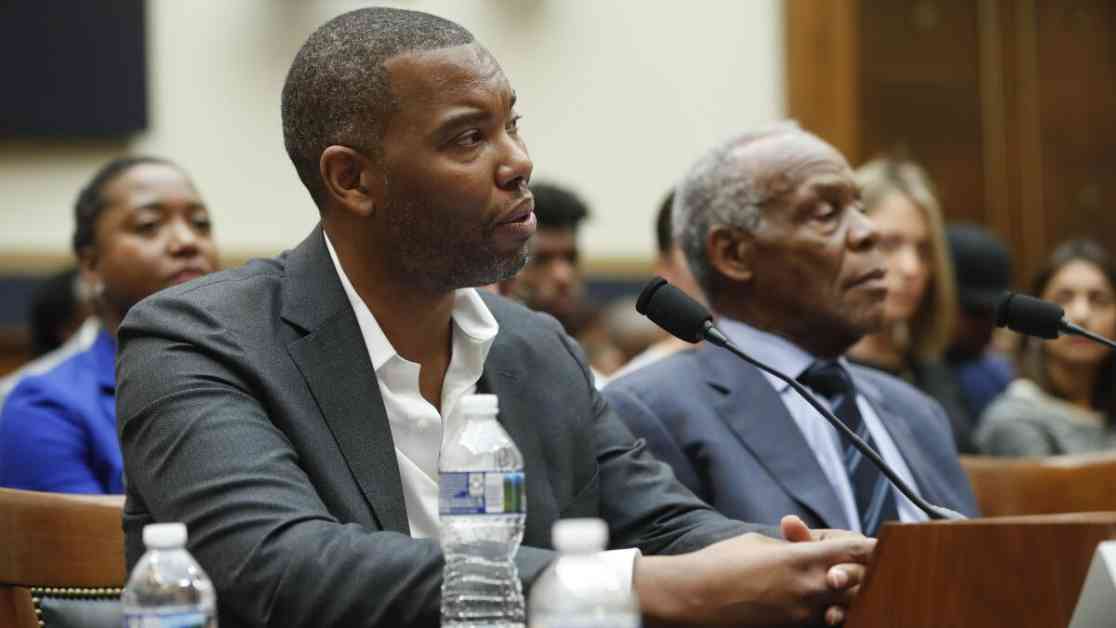The writer Ta-Nehisi Coates has sparked controversy with his new book, “The Message,” which criticizes Israel. Many defenders of Israel have strongly criticized Coates, claiming that he lacks a deep understanding of the situation. Coates visited Israel for 10 days on a trip organized by critics of Israel and based his indictment of the country on a one-sided perspective.
Coates focuses on telling the story of the Palestinians as victims without delving into the complexities of the Israeli-Palestinian conflict. He dismisses the idea of complexity and believes that Israel deserves condemnation without any shades of gray. However, the reality is that the conflict is far from simple, especially in the aftermath of violent attacks by terrorist organizations like Hamas.
These terrorist groups openly express their desire to destroy Israel and eradicate the Jewish population. Their actions, such as brutal attacks on civilians and vows to repeat them, leave no room for ambiguity. In the face of such threats, the complexity of the situation fades away for Israelis who must defend themselves against enemies who seek their destruction.
Coates’ oversimplified view of the conflict overlooks the challenges and complexities involved in achieving a two-state solution. Peaceful resistance and moral persuasion could have potentially led to a viable Palestinian state, but the embrace of violence by Palestinian leaders and rejection of compromise hindered progress for decades.
While Coates and his supporters advocate for moral clarity, the reality is that Israel stands as a democracy with rights for all its citizens, including Muslims and Arabs. The existential threat posed by groups like Hamas forces Israelis to make clear choices for their survival, making the complexity of the situation undeniable.
In the midst of debates over Israel-Palestine relations, it is crucial to recognize the nuances and challenges that shape the conflict. The path to peace and stability requires a deep understanding of the complexities involved, rather than falling into simplistic narratives that fail to capture the full scope of the issues at hand.



























